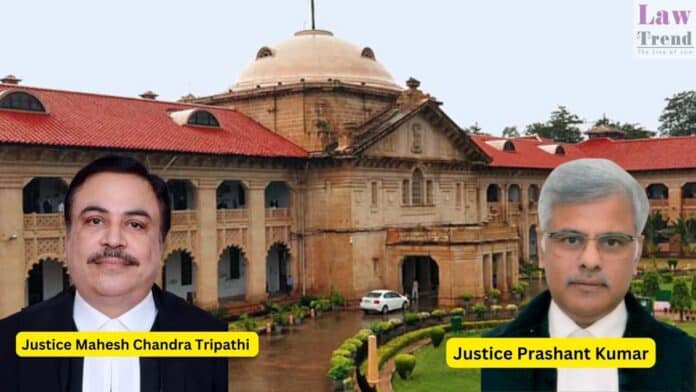The Allahabad High Court, in a significant pronouncement, has declared that the neglect, cruelty, or abandonment of elderly parents constitutes a violation of their fundamental right to life with dignity under Article 21 of the Constitution. A Division Bench comprising Justice Mahesh Chandra Tripathi and Justice Prashant Kumar, made these observations while directing the State
To Read More Please Subscribe to VIP Membership for Unlimited Access to All the Articles, Download Available Copies of Judgments/Order, Acess to Central/State Bare Acts, Advertisement Free Content, Access to More than 4000 Legal Drafts( Readymade Editable Formats of Suits, Petitions, Writs, Legal Notices, Divorce Petitions, 138 Notices, Bail Applications etc.) in Hindi and English.




